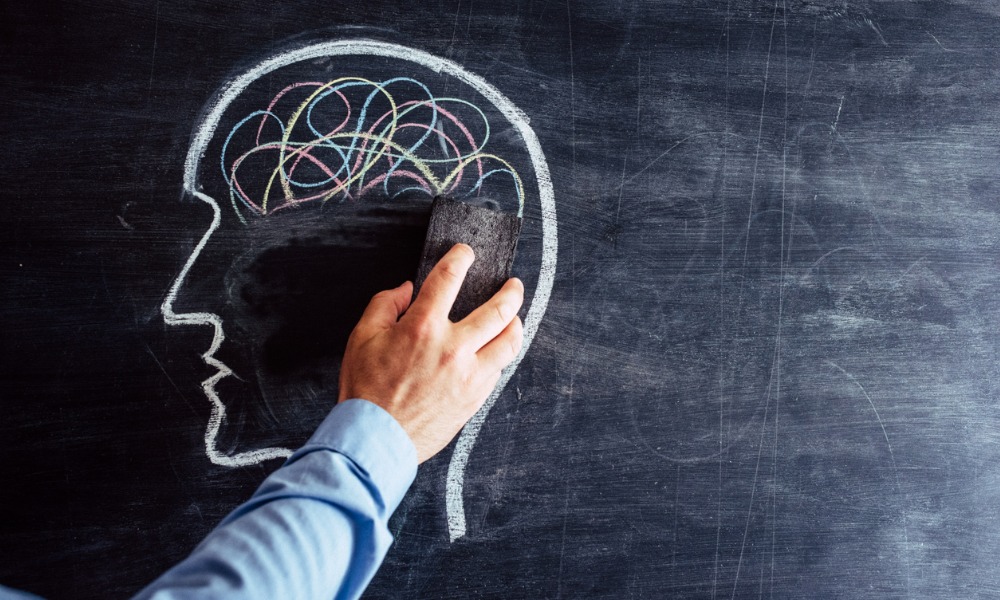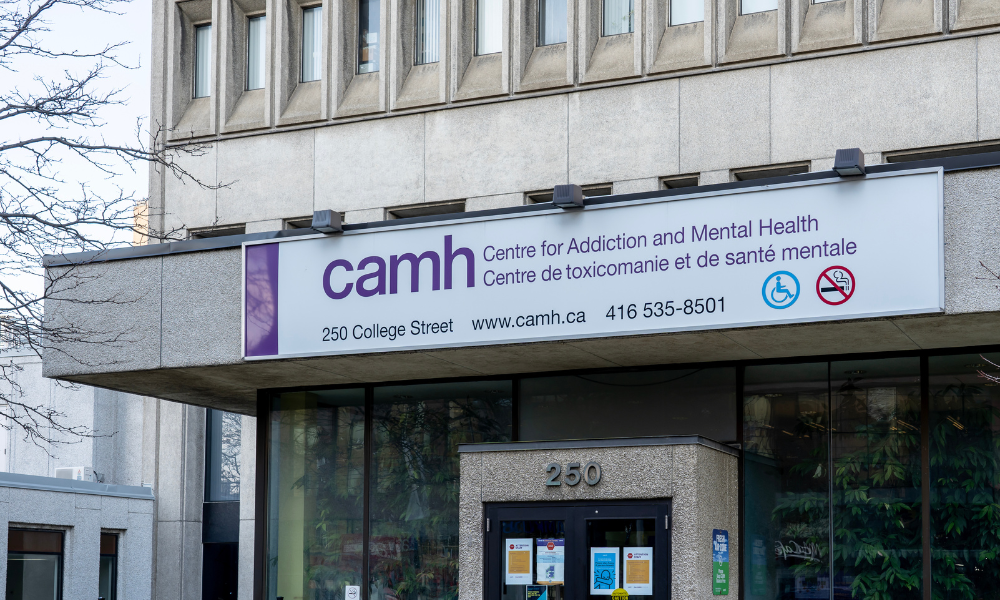'We're going to be working on how to actually tell your employer that you have a disability and how to have that conversation'

A new program in British Columbia is looking to help those who suffered from brain injury develop skills they need to get back into the workforce.
The program was created by Victoria Brain Injury Society (VBIS) in partnership with the John Howard Society of Victoria. It will help participants get certified in a specific industry, and teach them how to create resumes, succeed in job interviews and secure employment.
Participants will also learn about their rights in the workplace, said Pam Prewett, Victoria Brain Injury Society executive director, according to a CBC report.
"One of the things that we're going to be working on is how to actually tell your employer that you have a disability and how to have that conversation," Prewett said.
According to the Northern Brain Injury Association (NBIA), around 10 per cent of the millions of workplace injuries are brain injuries – and 95 per cent of these injuries are preventable.
The two-week program will also aim to educate employers on how to work with someone who has acquired a brain injury.
Acquired Brain Injury (ABI) is damage to the brain which occurs after birth and is not related to a congenital disorder or a degenerative disease. ABI includes concussions, may be either temporary or ongoing, and may cause partial or total functional disability or psychosocial difficulties, according to VBIS.
The most common cause of brain injury is a trauma to the head, such as in a motor vehicle crash, a fall, a violent assault, or an industrial accident. Other causes of brain injury include stroke, brain aneurysm, brain tumours, certain viruses, substance abuse, etc., it said.
“The brain is damaged by the collisions of the brain with the interior of the skull, as well as by rotational forces that occur within the brain tissue,” said VBIS.
The effects of concussion and brain injury may include deficits in the following areas:
- Communication: deficits in speech, comprehension, reading, writing
- Cognitive Abilities: reduction in arithmetic or reasoning skills, concentration, memory
- Physical Functioning: visual deficits, headaches, balance problems, fatigue, poor coordination
- Social/Behavioural Abilities: poor social awareness, emotional problems, impulsivity, reduced judgement, anger outbursts, depression, reduced motivation, isolation
A 56-year-old worker at a plastic processing facility in Toccoa, Georgia sustained a head injury after falling more than six feet from an elevated platform in the workplace on Dec. 21, 2020.





